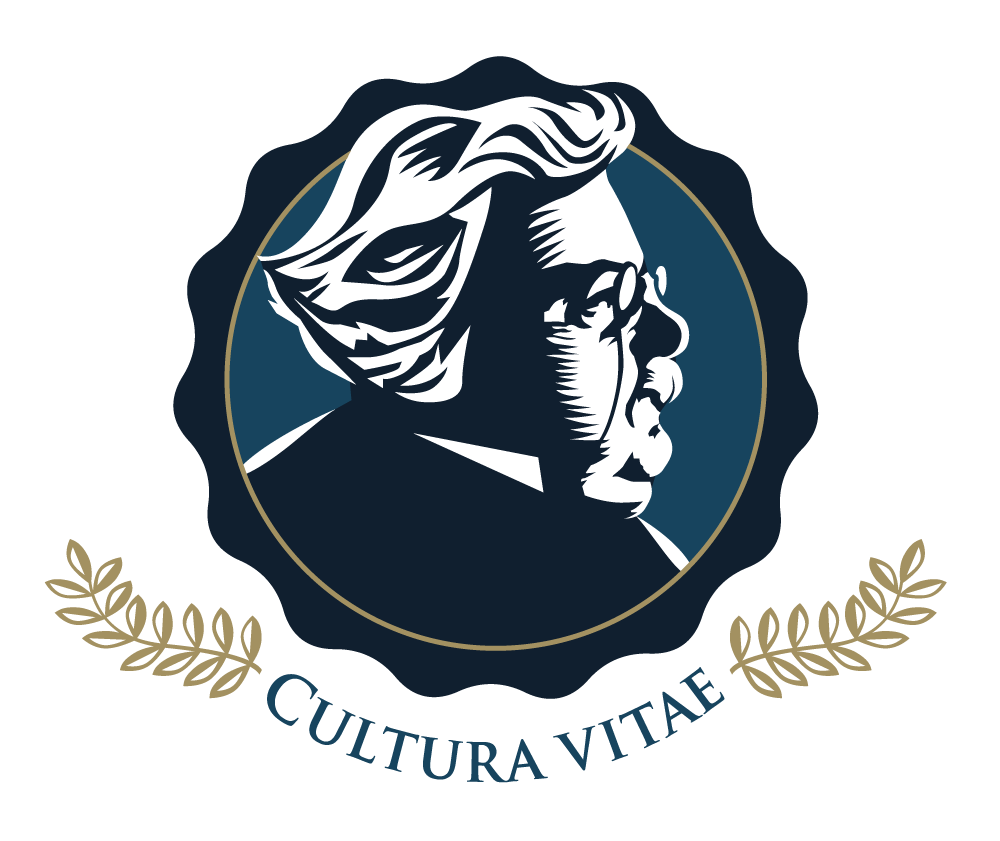Lessons from St. Nicholas
The feast of St. Nicholas, celebrated today, December 6th, arrives at the start of advent each year as a day of magic and wonderment. For centuries, on the eve of this feast day, young children have placed their shoes near the door or the fireplace in the hopes that St. Nicholas will leave them a gift. Fittingly, this concept of hidden generosity has attached itself to the early fourth century bishop because of the famous story wherein he secretly gave gold to three young women who were about to be forced into prostitution if they did not have a dowry. However, do we really appreciate the deeper spiritual lessons behind these traditions? Do we see how the example of the great saint when it comes to giving touches at the heart of who God is and what it means to be human?
G.K. Chesterton clearly saw that this habit of giving gifts secretly in the night had a much larger meaning to it. In an essay entitled “On Santa Claus”, Chesterton wrote:
“Once I only thanked Santa Claus for a few dolls and crackers. Now, I thank him for stars and street faces, and wine and the great sea. Once I thought it delightful and astonishing to find a present so big that it only went halfway into the stocking. Now I am delighted and astonished every morning to find a present so big that it takes two stockings to hold it, and then leaves a great deal outside; it is the large and preposterous present of myself, as to the origin of which I can offer no suggestion except that Santa Claus gave it to me in a fit of peculiarly fantastic goodwill.”
Here, GKC makes a direct comparison between the gifts received as a child from St. Nicholas, and the very much greater gift of existence received from God. The wonderment of the child who wakes up on St. Nicholas day, or later on Christmas, and finds a gift for himself from an unknown being ought to carry itself over into our adult lives in a sense of wonder at being given existence by God before we knew Him.
And therein lies the wisdom of our ancestors. The tradition of giving gifts attributed to St. Nicholas reveals to the childlike mind an important truth about the nature of God: the unprovoked giving of gifts is of the very nature of Divinity. St. Nicholas is a saint, a holy one, a servant of God, because he gives, and God is primarily a giver of good things. Indeed, as St. John tells us “We love, because he first loved us” (1 Jn 4:19). The initiative belongs to God, He begins everything through a gift of love, and all that belongs to us is to respond. God is not primarily a task master, one who makes demands of us in such a way that His will is contrary to our good. Rather, He is a gift giver, one who’s primary motivation is love.
Similarly, then, this important truth about God reveals an important truth about our own lives, for we are made “in the image and likeness” (Gen 1: 26) of God. For human beings to be fully human, we must live a life of generosity akin to God and Nicholas. In a passage from the Second Vatican Council, often quoted by Pope St. John Paul II, the council fathers taught that “man, who is the only creature on earth which God willed for itself, cannot fully find himself except through a sincere gift of himself.” In truth, the life that leads to fulfillment is precisely one in which we give ourselves out of love to the other. Our happiness and joy is not to be found in the unceasing materialistic consumption of goods. Rather, we can only ever be joyful when we give ourselves away in love to God and to others
Finally, how beautiful it is that the feast of St. Nicholas, focusing on the generosity of the divine, is celebrated at the beginning of the season of Advent. Just as we are meditating on the ultimate act of the Divine Initiative, the Incarnation, we are given a feast day wherein good things arrive hidden from view in the middle of the night. Indeed, the parallels between St. Nicholas arriving when we sleep and the Christ-child being born in a stable in the middle of the night are striking. The divine beauty of a gift given in secret that must then be received by faith presents itself in both the story of Nicholas and the story of Christmas.
Behind the simple and wonderful traditions of St. Nicholas day, then, lie important lessons about the nature of God and our own lives. Let us preserve these lessons through the great game of giving in the name of St. Nicholas, that we and our children might more deeply discover these important truths.


